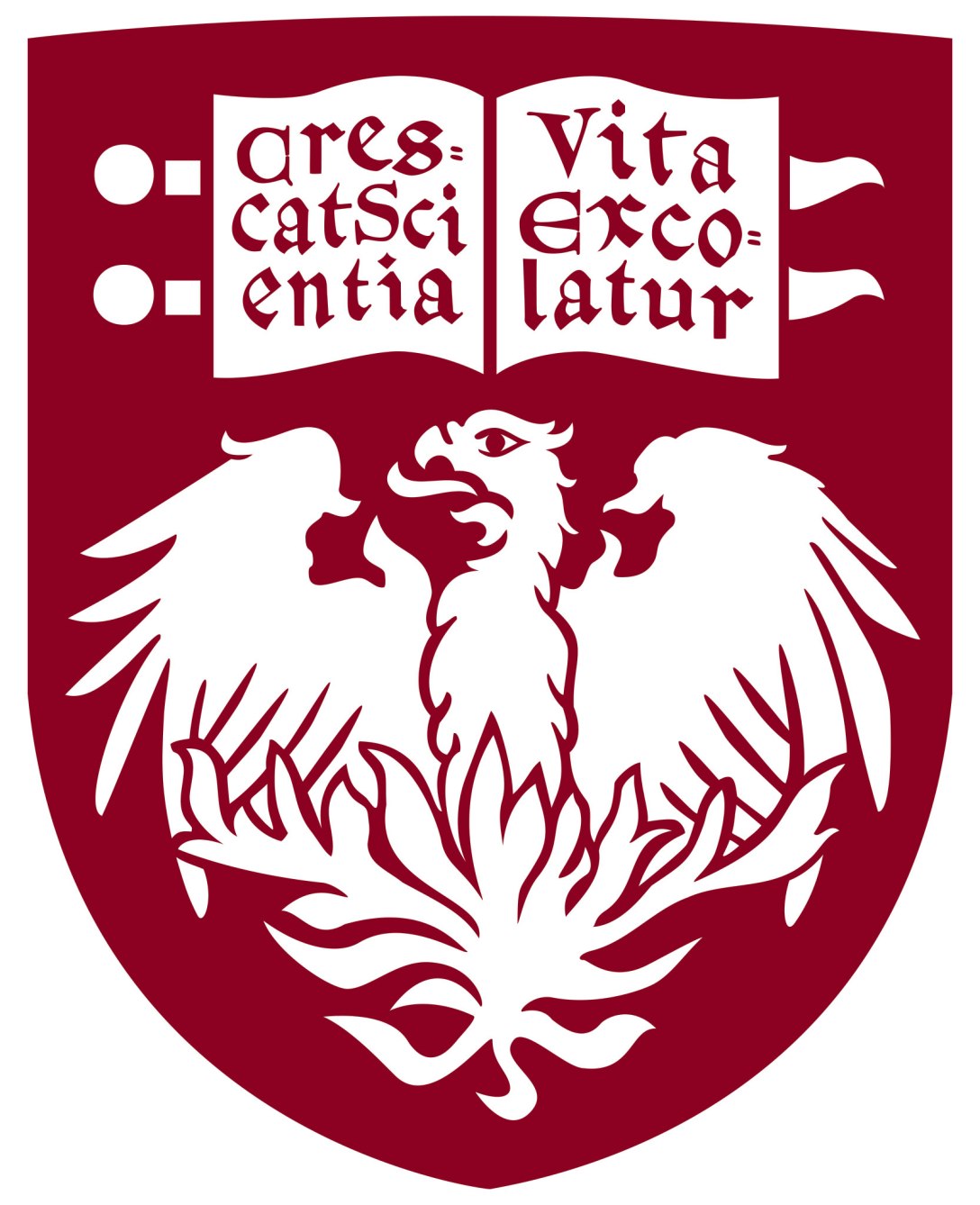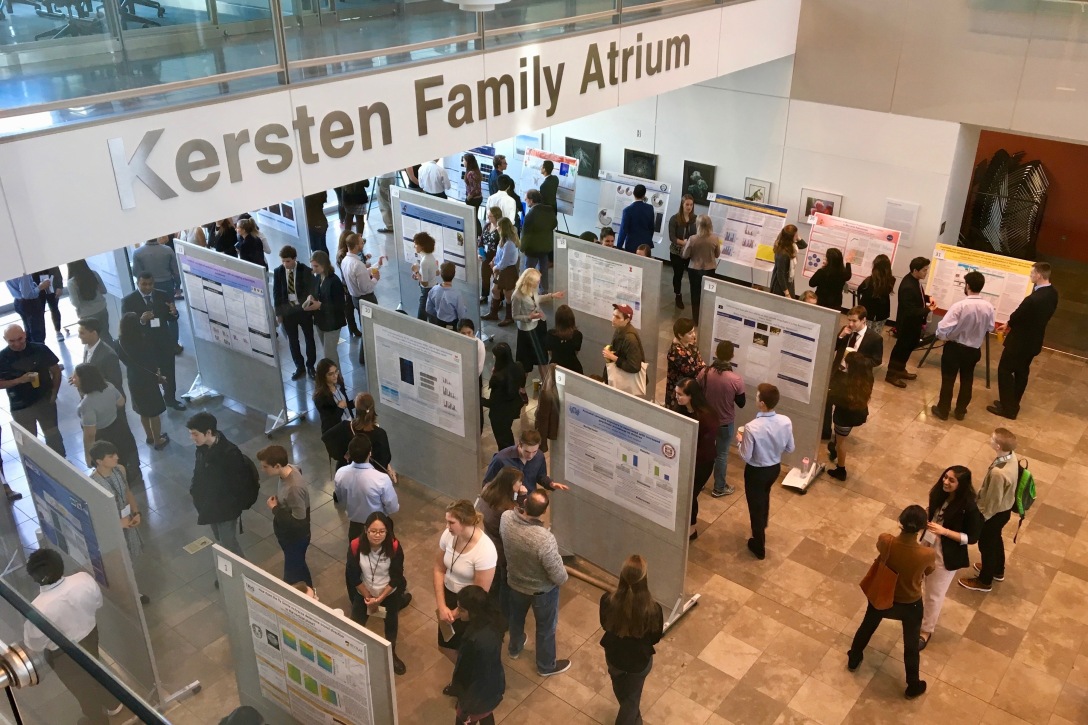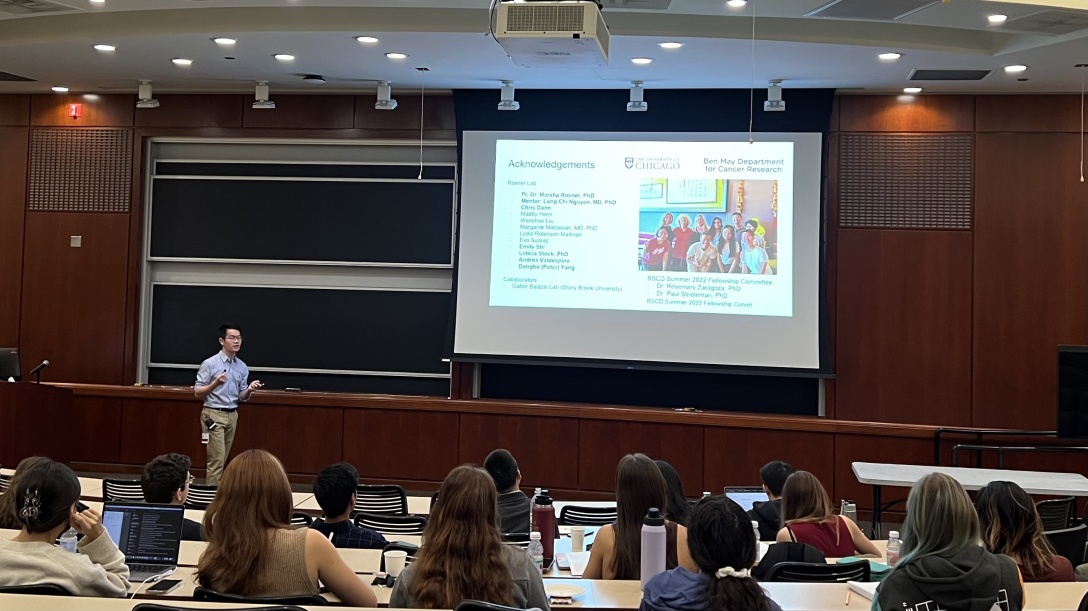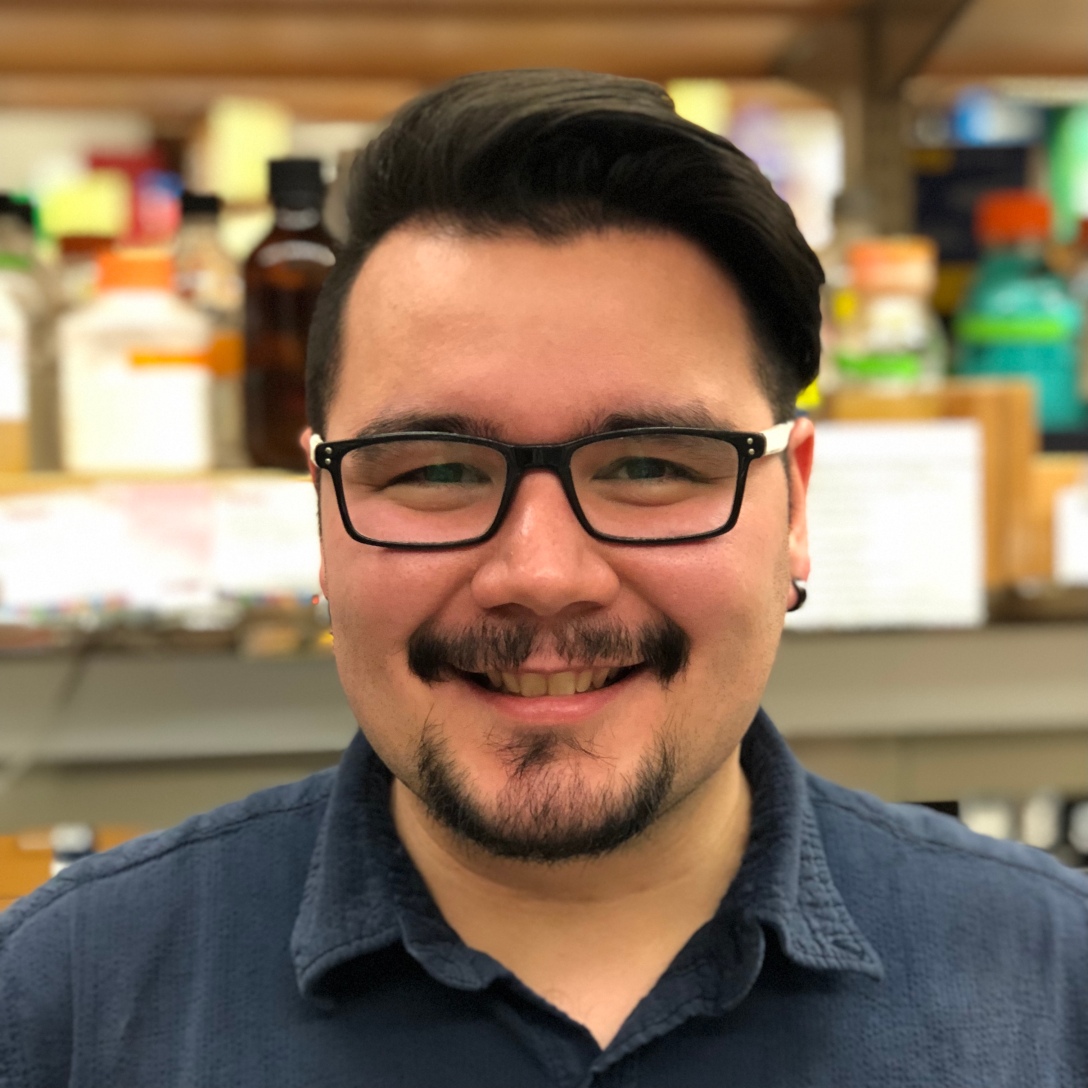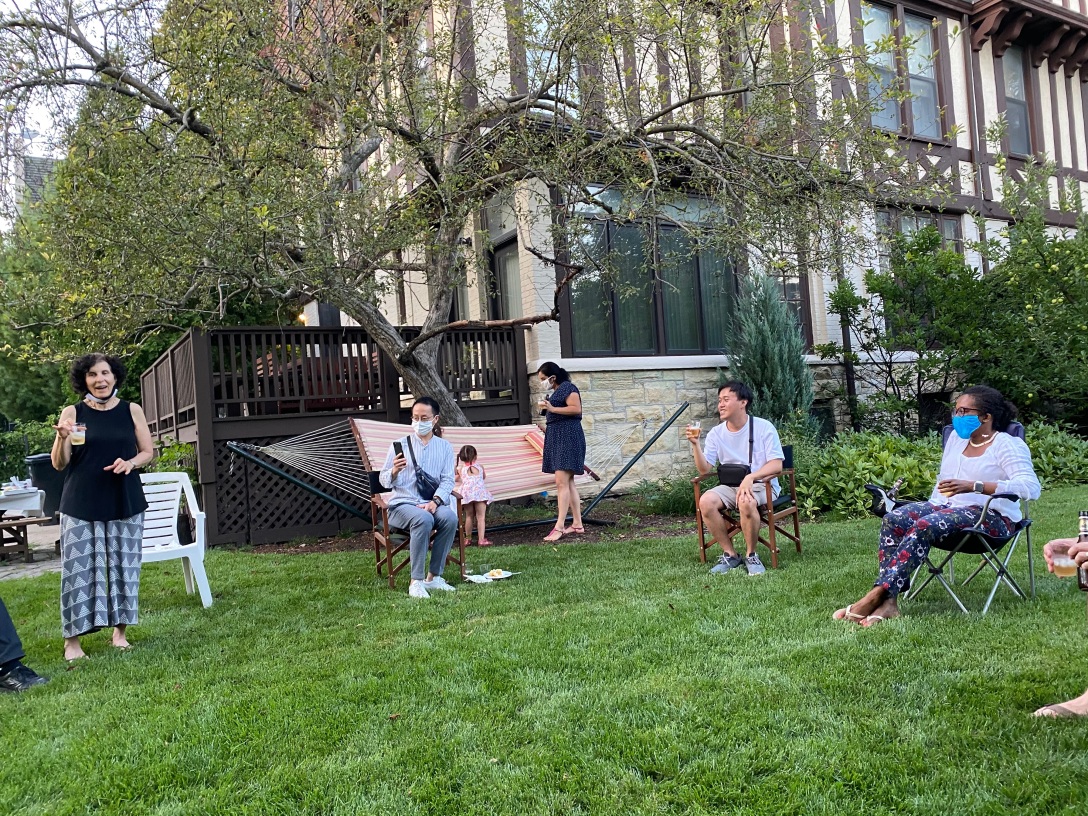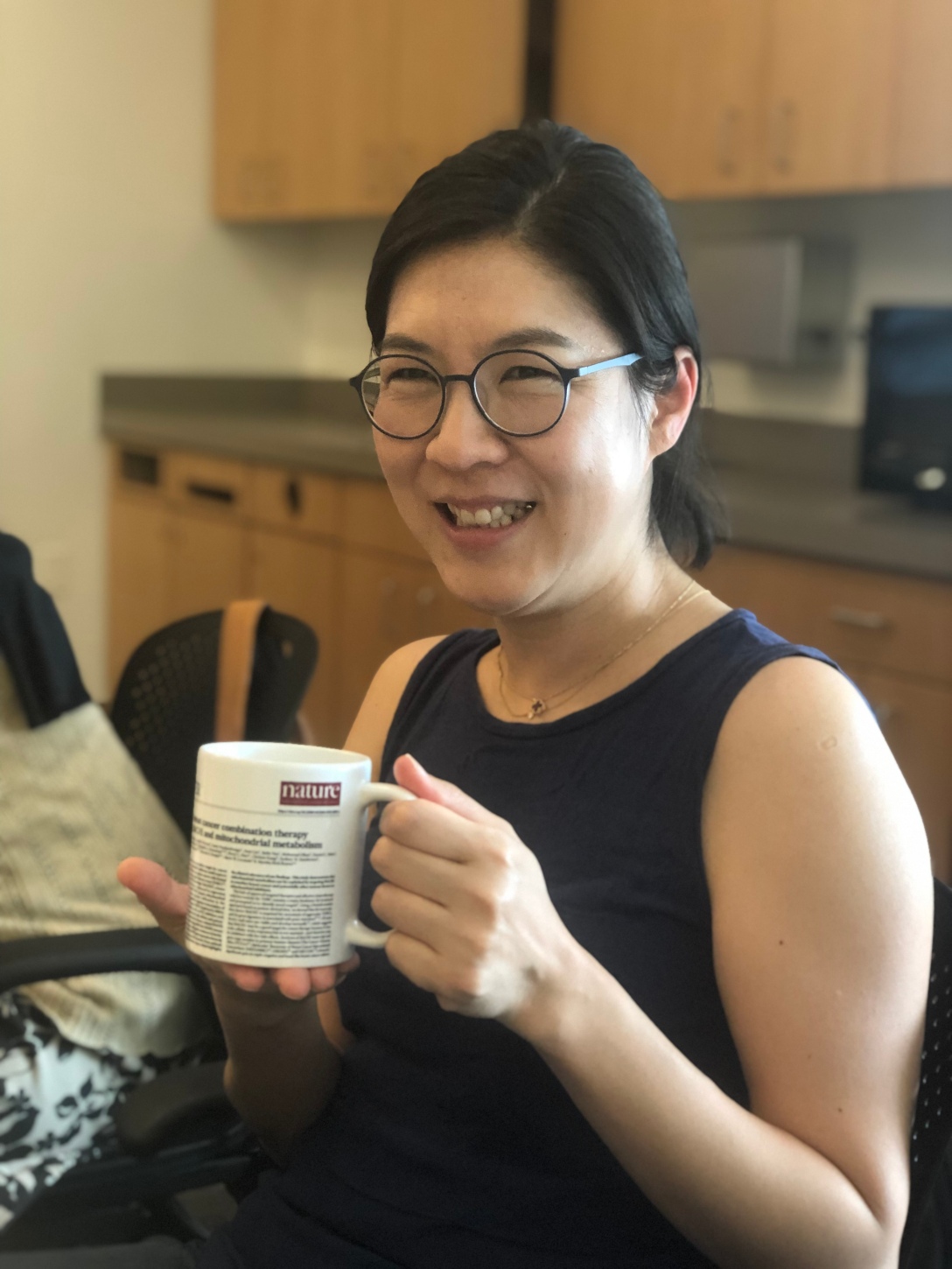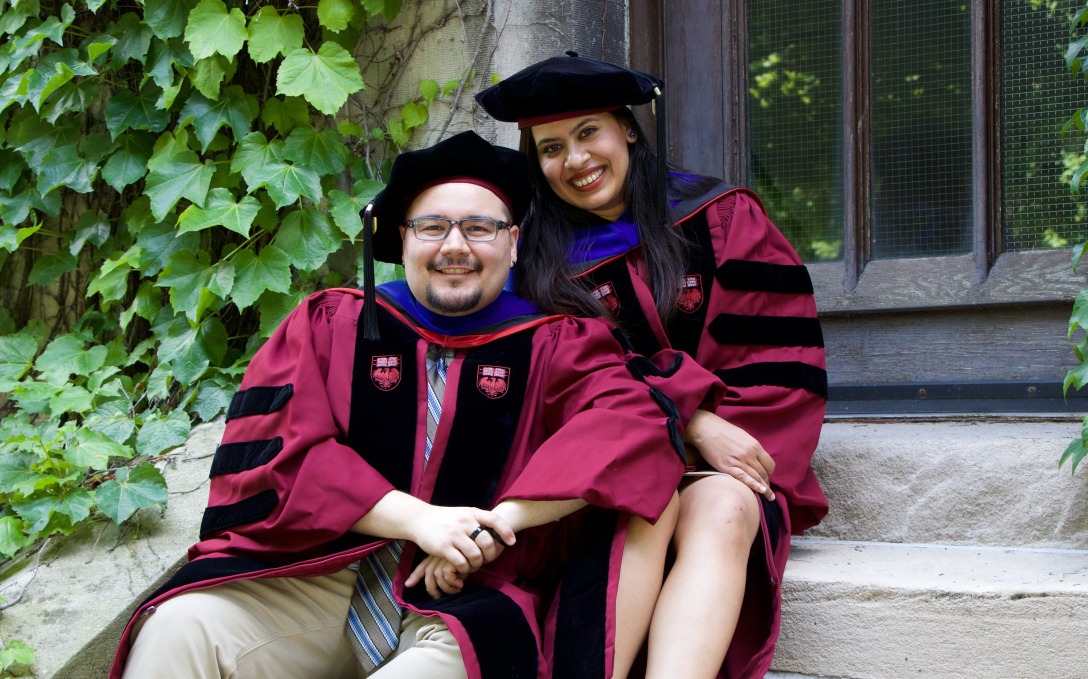Rosner Lab awarded Ullman Family Team Science Award for innovative breast cancer research
The Ullman Family Team Science Award recognizes researchers who use a collaborative approach to develop innovative approaches to treat cancer. The winning team, which includes researchers from diverse scientific backgrounds, aims to study potential treatments for triple-negative breast cancer, which lacks the three major breast cancer drug targets (estrogen receptor, progesterone receptor, and HER2 protein).
Triple-negative breast cancer is notoriously hard to treat, as it does not respond to hormone therapy or the targeted, anti-cancer drug Herceptin. Treatments are limited primarily to radiation and chemotherapy, which can be hard on the patient. The proposed research project aims to gather preliminary data on a novel therapy and drug delivery system that could lead to a more effective and less toxic treatment of aggressive breast cancers.
The team will investigate methods to block certain transcription factors and a cell-permeable drug delivery system, which they will test in models of triple-negative breast cancer. The investigation draws on the expertise of a seven-member team of researchers representing a range of disciplines, including breast cancer cell biology, clinical trials of breast cancer therapies, and outcomes for breast cancer patients.
The Ullman Team Science Award provides financial support to the team to collect the data necessary to compete for federal grants, such as a National Cancer Institute Specialized Programs of Research Excellence (SPORE) grant and National Institute of Health Research Program Project Grants (P01s). These grants support the development of novel approaches for treating cancer and improving patient outcomes.
The Ullman family has a long history of supporting cancer research at the University of Chicago. The award was presented in memory of Donald Ullman, who was diagnosed with cancer in 2009. The family established the Ullman Family Scholars Fund in Cancer Immunology, the Ullman Family Fund in Cancer, and the Ullman Family Team Science Award in gratitude for the outstanding care Donald received from the University of Chicago Medicine.
The winning team’s research has the potential to significantly advance the field of breast cancer treatment and improve outcomes for patients.


